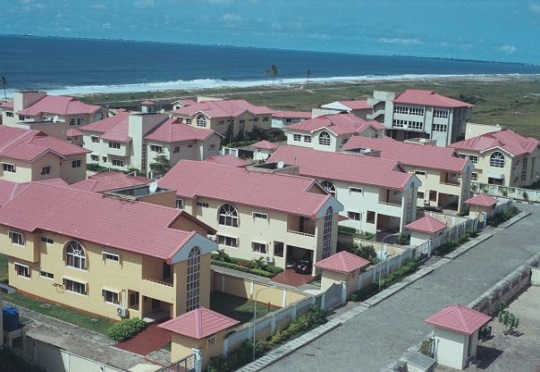The swift advancement of infrastructure is serving as a catalyst for the appreciation of property values, creating a beneficial ripple effect within communities. As cities allocate resources towards upgraded transportation networks, improved utilities, and enhanced amenities, the real estate sector undergoes a significant transformation.
At the forefront of the surge in property values is the heightened accessibility facilitated by improved infrastructure. Upgrades to roads, bridges, and public transportation systems render areas more attractive for both residents and businesses. The increased ease of commuting elevates the appeal of these locations, resulting in a heightened demand for housing.
Recent projects such as the Nairobi Expressway, Dongo Kundu bypass, and Makupa Bridge have notably enhanced accessibility to their respective areas, fostering growth in both commercial and residential real estate.
Furthermore, the augmentation of utilities and public services adds to the allure of neighborhoods. Efficient water and energy systems, coupled with high-quality schools and healthcare facilities, raise overall living standards and make an area more desirable for potential homeowners. Consequently, property values tend to appreciate in response to these improved amenities.
Infrastructure development serves as a stimulus for economic growth. The construction and maintenance of new infrastructure generate job opportunities, injecting funds into the local economy. This economic upswing can create a positive feedback loop, further driving property values higher as housing demand increases with a thriving job market.
Communities undergoing infrastructure upgrades also witness a surge in local businesses. The enhanced accessibility resulting from improved infrastructure attracts entrepreneurs, leading to the establishment of new businesses and the expansion of existing ones. This heightened economic activity can elevate property values as the area becomes more vibrant and commercially viable.
However, despite the overwhelmingly positive impact of infrastructure development on property values, challenges such as displacement and potential gentrification must be addressed. Careful urban planning and community engagement are crucial to ensuring that the benefits of development are distributed equitably, allowing existing residents to enjoy improved living conditions without facing undue hardships.

















